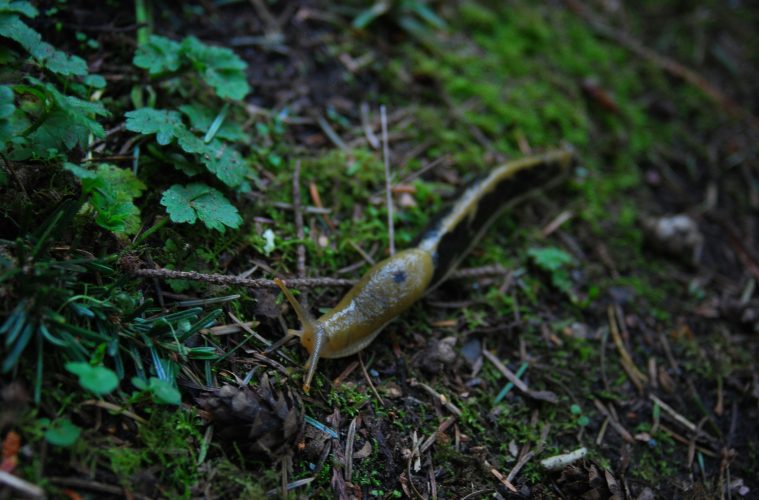Slugs in the garden is a common challenge that many gardeners and garden owners face. They can damage your plants by feeding on the leaves and other vegetation. They also leave a shiny residue behind on walls and ground surfaces.
Here are 10 ways you can try to get rid of slugs in your garden:
-
Handpicking
If you’re not too irked by them, you can be brave and go out in the evening or early morning when slugs are most active. Pick them off plants and surrounding areas and dispose of them away from your garden.
-
2. Beer Traps
Bury containers, such as shallow dishes or yoghurt cups, in the soil so that the rims are level with the ground. Fill the containers with beer. Slugs are attracted to the yeast in the beer, crawl in, and drown. Empty and refill the containers regularly.
-
3. Copper Barriers
Slugs dislike crawling over copper. You can use copper tape or wrap copper wire around the base of planters or raised beds. This creates a barrier that slugs are reluctant to cross.
-
4. Diatomaceous Earth
Sprinkle food-grade diatomaceous earth around plants. This substance is harmless to humans and pets but is abrasive to slugs, causing them to dehydrate and die.
-
5. Salt
Sprinkle salt directly on slugs, but be cautious as using too much can harm your plants and soil. Salt can also negatively impact the structure of the soil.
-
6. Nematodes
Beneficial nematodes are microscopic organisms that can be watered into the soil. They seek out and kill slugs without harming your plants.
-
7. Natural Predators
Encourage natural predators like birds, frogs, toads, and ground beetles, which feed on slugs. Creating a diverse and balanced ecosystem can help control the population of slugs in your garden.
-
8. Deterrent Plants
Plant slug-resistant or repellent plants around susceptible ones. Examples include certain herbs like rosemary, thyme, and sage.
-
9. Mulching
Use coarse mulches like bark or crushed eggshells around plants. Slugs have difficulty moving across these surfaces and will be repelled by these objects.
-
10. Homemade Slug Repellents
Create a solution of diluted ammonia or a mixture of water and cayenne pepper, and spray it on your plants where you usually find slugs. This can act as a natural repellent.
Remember that a combination of methods may be most effective, as different solutions work for different situations. Regular monitoring and early intervention can help keep slug populations at bay before they cause significant damage to your garden.
ALSO SEE:
Feature image: Unsplash

